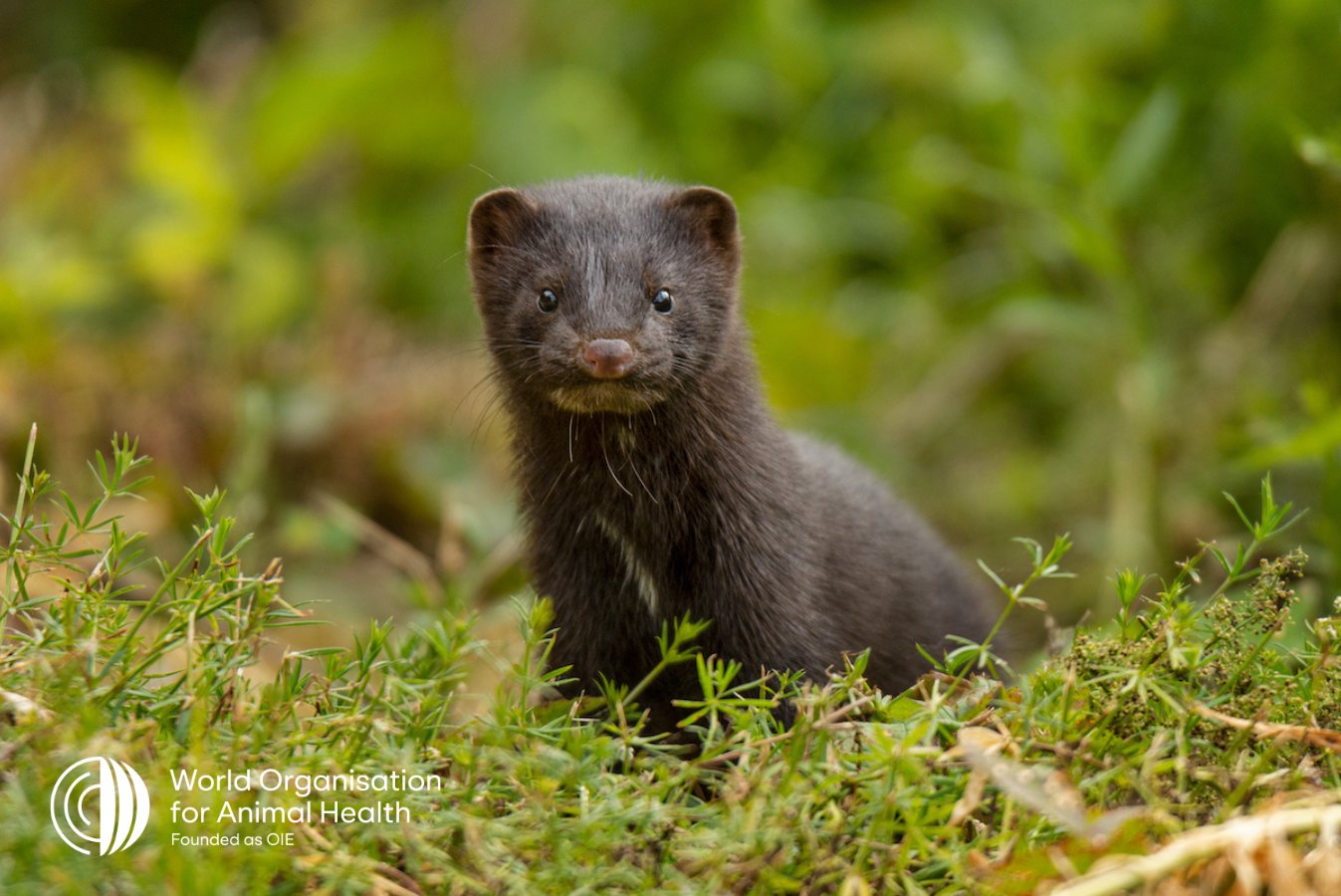The current avian influenza situation has been raising concerns within the international community. Since October 2021, an unprecedented number of outbreaks has been reported in several regions of the world, reaching new geographical areas and causing devastating impacts on animal health and welfare. The disease puts at risk global food security and the livelihoods of those who depend on poultry farming. It has also led to an alarming rate of wild bird die-offs and has affected other wildlife including sea and land mammals.
While it primarily affects poultry and wild birds, avian influenza can occasionally be transmitted to mammals, including humans. A rising number of H5N1 avian influenza cases has been reported in several mammalian animals both terrestrial and aquatic, causing morbidity and mortality. This sparks growing concern about the threat for the health of domestic and wild animals, biodiversity, and potentially for public health.
The current situation highlights the risk that H5N1 avian influenza may become better adapted to mammals, and spill over to humans and other animals. In addition, some mammals, such as mink, may act as mixing vessels for different influenza viruses, leading to the emergence of new strains and subtypes that could be more harmful to animals and/or humans. Recently reported infections in farmed mink are a concern because infections of large numbers of mammals kept in close proximity of each other exacerbate this risk. Several studies are currently on-going to further explore the virulence and transmissibility (including between mammals) of these viruses.
In collaboration with its network of experts, the World Organisation for Animal Health (WOAH) is closely monitoring the situation to assess the risks to animals and humans.
WOAH calls on its Members to:
WOAH is fully committed to supporting its Members mitigate risks against the impact of avian influenza and will continue to engage with its networks of experts as well as public and private partners, notably through the One Health Quadripartite Alliance and the Global Framework for transboundary animal diseases (GF-TADs) to provide technical updates as more information becomes available.
Avian influenza global situation reports (including events in mammals)
Avian influenza and wildlife: risk management for people working with wild birds
Joint WOAH-FAO scientific network on animal influenza (OFFLU) website
